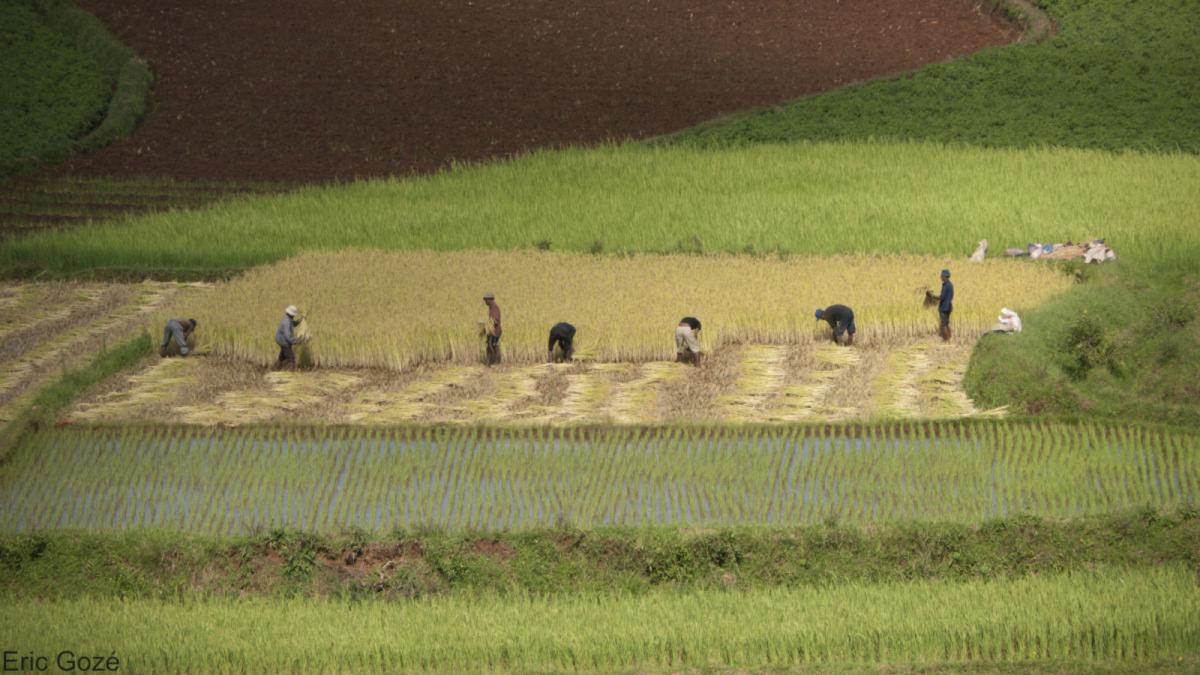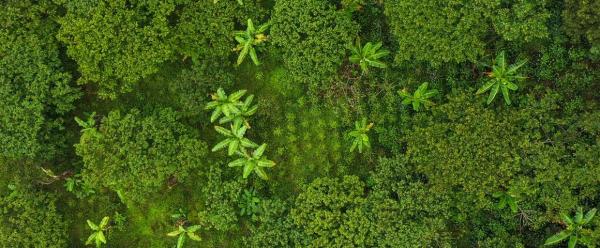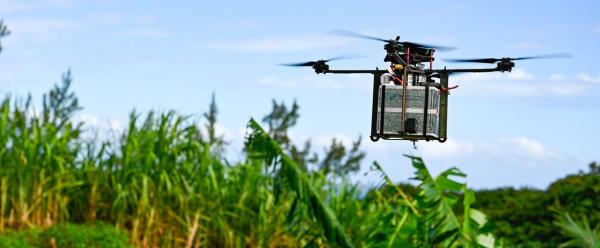Results & impact 10 October 2025
- Home
- Press area
- Press releases
- rethinking agricultural models
Agrimonde-Terra: a set of scenarios to explore what the future holds for food security and land use

Agrimonde-Terra builds scenarios to explore new agricultural models © E. Gozé, CIRAD
Several international experts worked together on the Agrimonde-Terra foresight study to explore and build scenarios for possible changes in terms of food security and land use worldwide, using a combination of quantitative and qualitative approaches. They then compared their scenarios to those in the scientific literature, and found several differences.
The Agrimonde-Terra scenarios cover a wide range of alternative diets with contrasting underlying nutritional and health issues, and contrasting urbanization and rural transformation processes, both dimensions that are lacking in other sets of global scenarios. The information provided by the scenarios highlights the importance of considering very contrasting diets, and the key role played by rural-urban relations in transforming food value chains. In terms of land use, the results of the Agrimonde-Terra scenarios are similar to those of the IPCC SSP (Shared Socioeconomic Pathways) scenarios, albeit less optimistic, and confirm that a move towards healthier diets (more fruit and vegetables and less meat) could help reduce the spread of agricultural land.
Lastly, the Agrimonde-Terra scenarios broaden the range of possibilities by proposing new pathways. The first suggests looking into the possible reconnection of the agrifood industry and regional production, to advance towards more sustainable, resilient food systems. The second looks at the prospect of a "perfect storm" induced by an accumulation of crises: climate change, ecological, social and economic. The current context of the COVID-19 pandemic shows that these scenarios should be part of the debate. The changes and issues described in the Agrimonde-Terra scenarios tally with the observed impacts of the pandemic on food systems and food security. The current context is in fact the result of a combination of crises, and has revealed the fragility of the supply chains for essential goods such as food. Regionalizing food systems could be one way of making those systems more resilient.
The scenarios proposed by Agrimonde-Terra will fuel the debate on the changes in food systems and land use. They should help decision-makers and the scientific community pinpoint new research questions to facilitate the building of healthier, more sustainable food systems.
References
Olivier Mora, Chantal Le Mouël, Marie de Lattre-Gasquet, Catherine Donnars, Patrice Dumas, Olivier Réchauchère, Thierry Brunelle, Stéphane Manceron, Elodie Marajo-Petitzon, Clémence Moreau, Marc Barzman, Agneta Forslund, Pauline Marty. Exploring the future of land use and food security: A new set of global scenarios, PLOS ONE, July 8, 2020
Agrimonde-Terra foresight study on "Land use and food security in 2050", INRAE, CIRAD (2016)
Chantal Le Mouël, Marie de Lattre-Gasquet, Olivier Mora (ed.) Land use and food security in 2050: A narrow road (Agrimonde-Terra), Quae, 2018



























